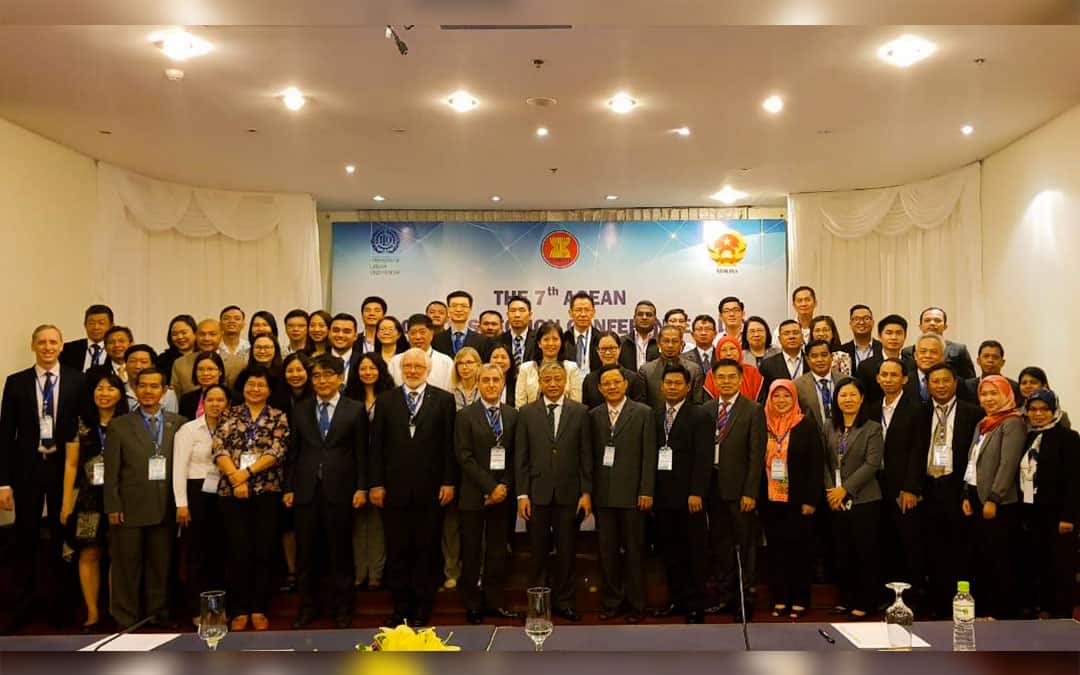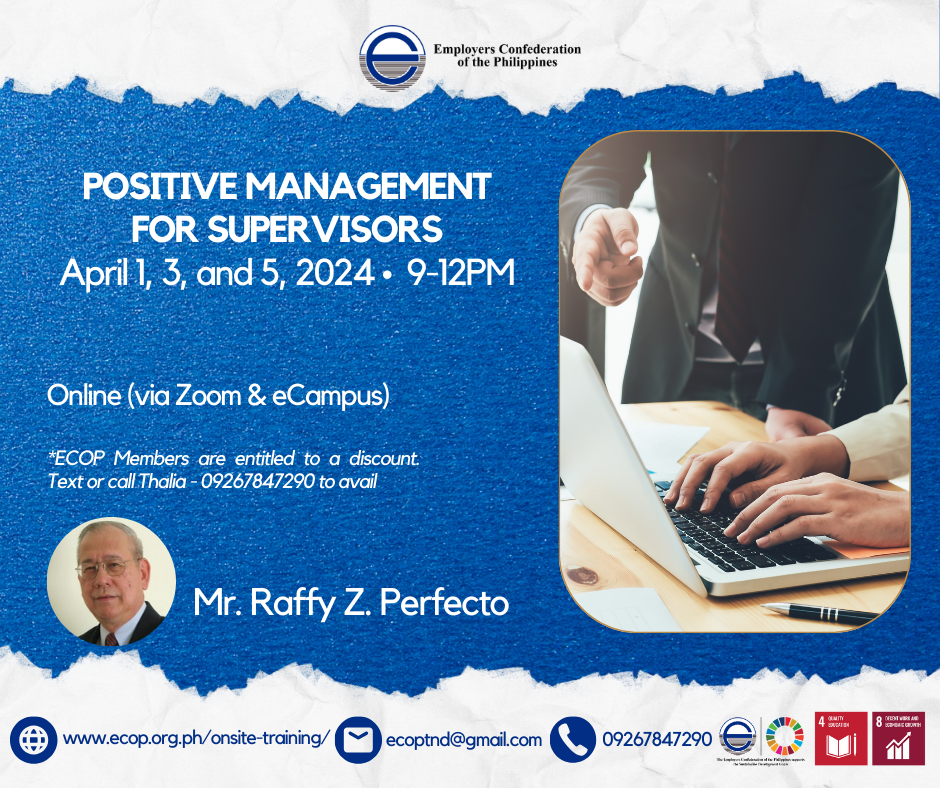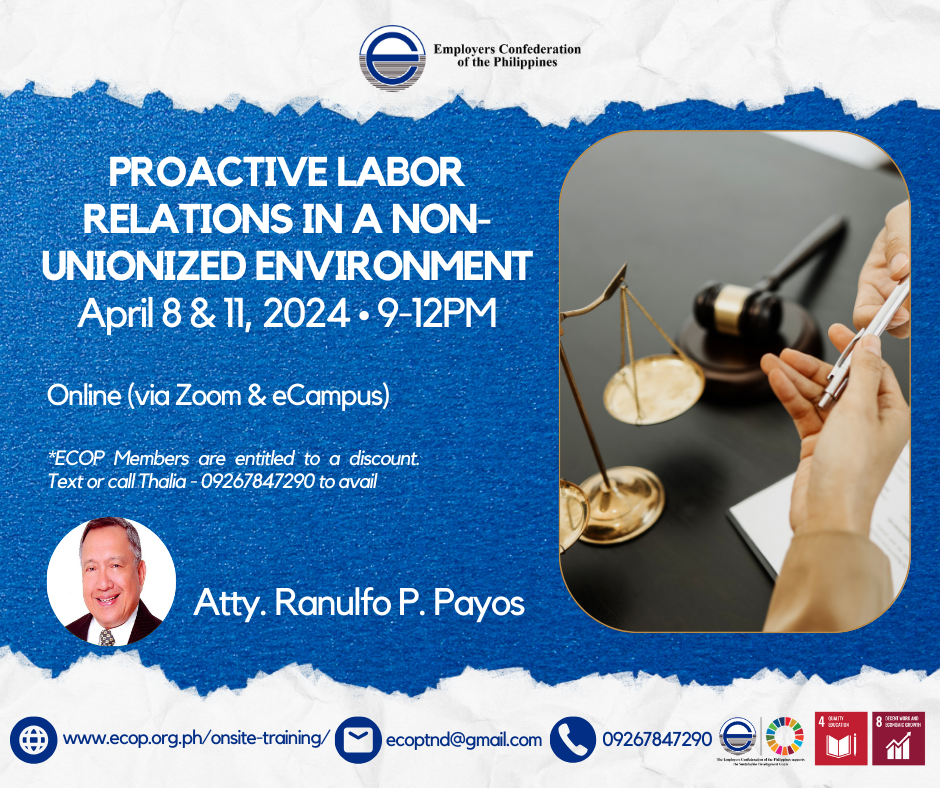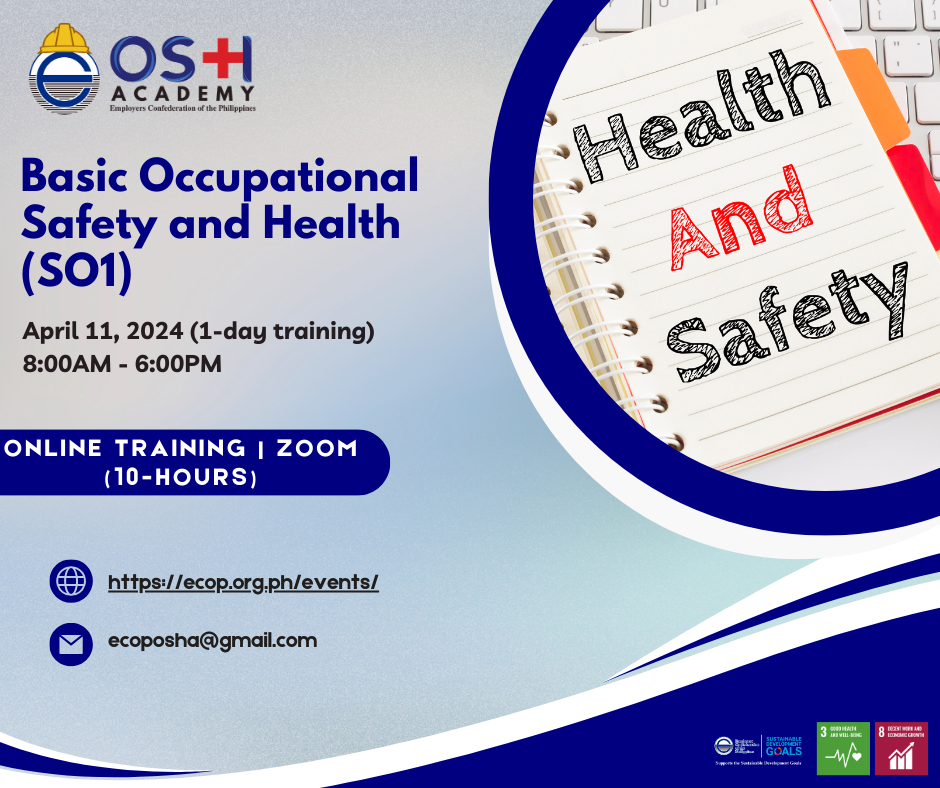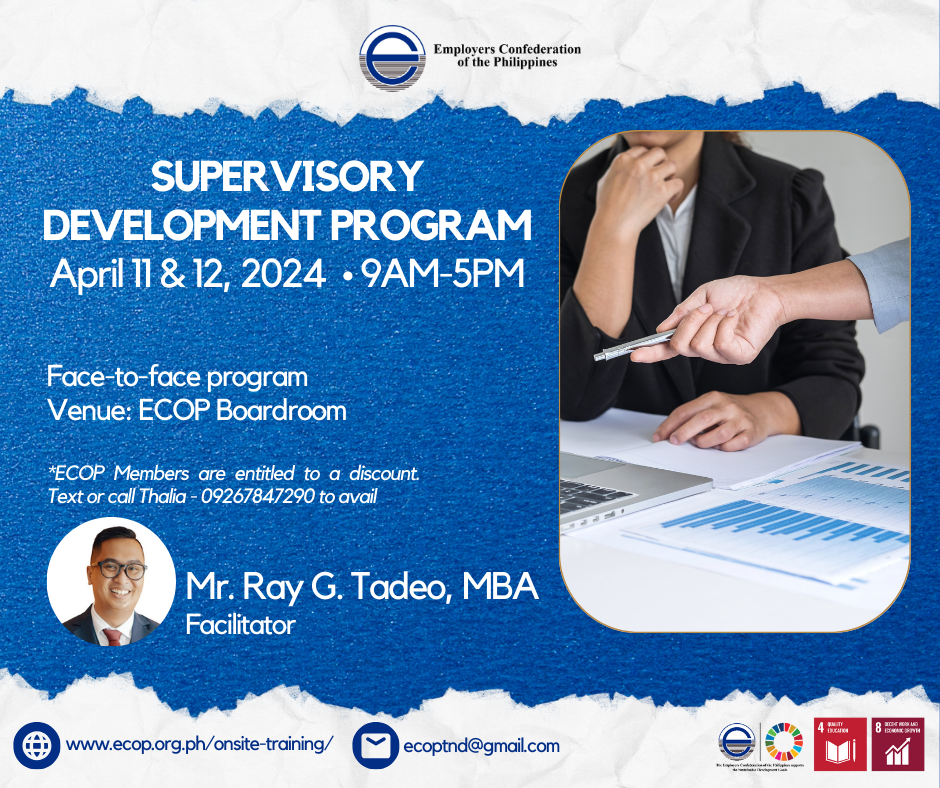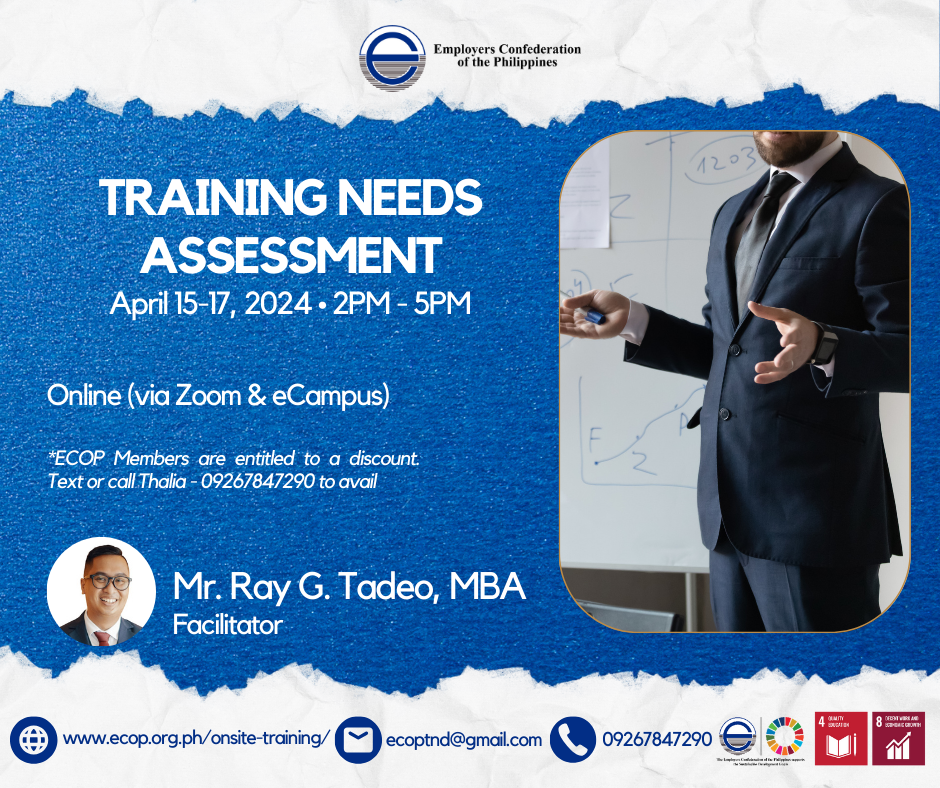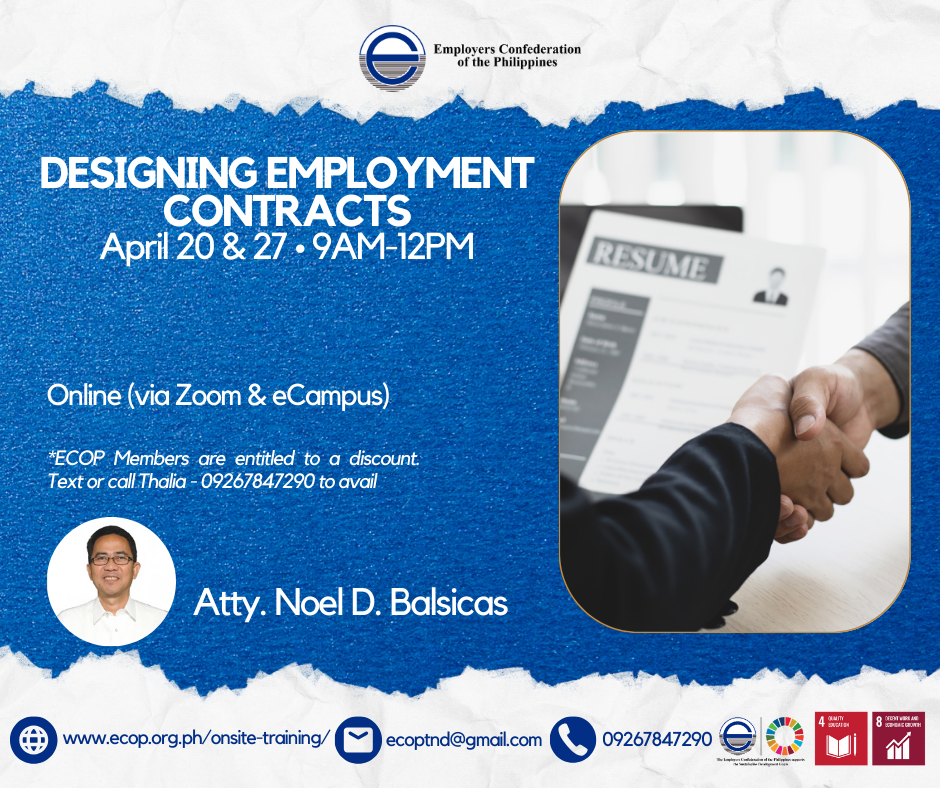Many countries, including ASEAN Member States, continue to pursue improvements to their legal and policy frameworks in an effort to strengthen workplace compliance on general working conditions as well as occupational safety and health. Yet governments, and labour inspectorates in particular, face enduring difficulties in the crucial work of enforcing these laws and protecting workers.
Last September 27 – 28, 2018, ECOP participated in the 7th ASEAN Labour Inspection Conference at The Vissai Hotel, Ho Chi Minh, Viet Nam. The conference was hosted by the Ministry of Labour – Invalids and Social Affairs (MOLISA) and funded by the International Labour Organization. The Philippines was represented in the Conference by ECOP Training Manager Mr. Ray G. Tadeo, Engr. Kristine Carol Soriente from the Bureau of Working Conditions of the Department of Labor and Employment (DOLE) and Ms. Maria Rima C. Hernandez from the DOLE regional office – Central Luzon, Mr. Anghelito P. Calderon from the Alliance of Filipino Workers. Atty. Lorenzo B. Ziga of Nestle Philippines and Atty. Rami Hourani of Philexport represented the ASEAN Confederation of Employers (ACE).
The key themes for this meeting were to design strategic compliance planning to improve decent working conditions; develop methods for understanding the drivers and constraints of non-compliance as a basis for informing strategic inspection action; and non-traditional compliance interventions and partnerships for sustainable labour law compliance.
Governments from different ASEAN member countries presented their inspection practices. The Singapore Ministry of Manpower shared its advance approaches on labor inspection. It uses technology, such as unmanned arial vehicles (UAV), to inspect establishments on their occupational safety and health (OSH) compliance. This UAV provides entry to inaccessible hazardous zones, coverage of workplace with large footprints, f enhanced ground intel and data, and stealth surveillance to uncover real/actual behaviors in the absence of enforcement. They also use image capturing technology in the public places to gather information on human trafficking violations from employers.
Social partners also presented their initiatives in promoting compliance among their stakeholders. Mr. Tadeo shared what the organization is doing to help enterprises comply with the labor laws. ECOP is implementing a project with ILO on building the capacity of employers to comply with labor standards. The project has 5 components: stakeholders perception analysis, trainers training of LI champions, capacity building program for supply chain, module development, and compendium of best practices. ECOP also conducts regular capacity building program on labor standards and inspection and OSH. It is also partnering with DOLE to conduct a certification course on labor inspection. The objectives of this program are to capacitate companies to conduct proper self-inspection in their enterprises as well as in their supply chain and to augment the number of inspectors among employers who may be deputized as part of the team of social partners during DOLE inspections.
The conference ended with the approval of a 11-point conference resolution (GIVE A GIST). Thailand will host the 8th ASEAN Labour Inspection Conference next year.

